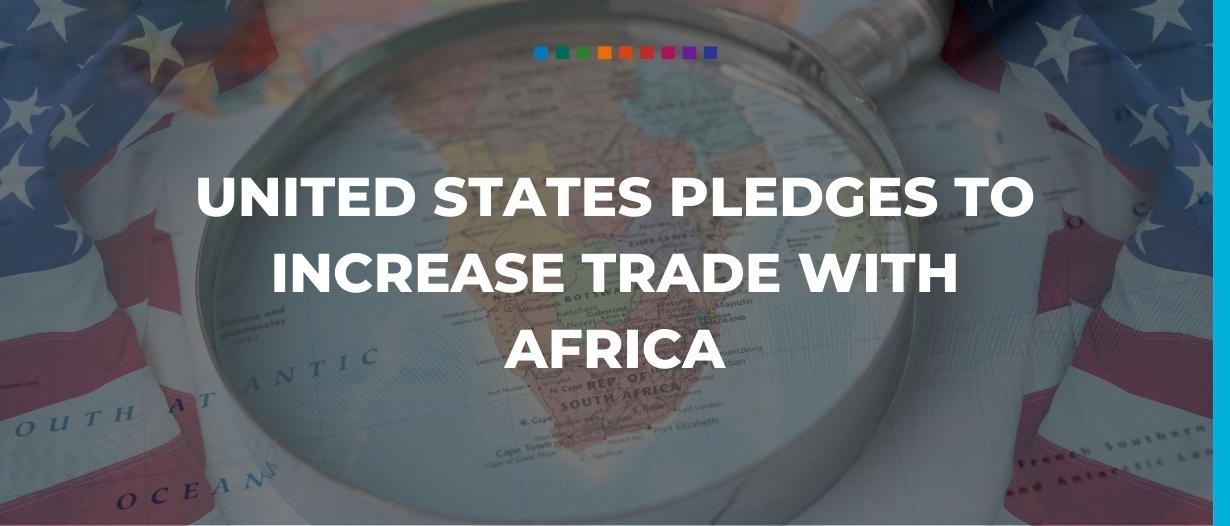Estimated reading time: 2 minutes
United States Trade Representative Katherine Tai has spoken of the significance of Africa’s integration into global supply chains after the signing of a Memorandum of Understanding (MoU).
During the US-Africa Business Forum, a MoU was signed on cooperation for trade and investment between the US and the African Continental Free Trade Area with the secretary general of the African Continental Free Trade Area (AfCFTA) Secretariat, Wamkele Men.
Tai stated, “In terms of size and population, Africa’s significance is undeniable. Its young population is set to double by 2050 to 2.5 billion people, and the continent is becoming an increasingly important economic partner to the United States.
Africa continues to increase its competitiveness and integration into global supply chains through improved national-level business climates. It’s also undergoing rapid digitisation and urbanisation and is brimming with entrepreneurial spirit and innovation.”
Tai said the AfCFTA is critical to the efforts of “recasting traditional US policy priorities such as democracy and governance; peace and security; and sustainable trade and investment – as avenues to strengthen US-African cooperation.”
Speaking at the forum, United States president Joe Biden said the US is committed to providing “the best possible environment for sustained commercial engagement between Africa companies and American companies.”
According to Biden, the Free Trade Area will represent one of the largest in the world, comprising 1.3 billion people, and a continent-wide market totalling $3.4 trillion.
Tai added that the MoU will create a platform for a regular dialogue with the AfCFTA secretariat and other stakeholders to address matters of mutual interest about the negotiation and implementation of the AfCFTA.
According to the law firm Sandler, Travis and Rosenberg, topics for discussion may include:
- Advancing industrial and regional value chain development
- Closer partnership between African and American companies in sectors such as infrastructure, digital trade, agro-processing, pharmaceuticals, medical devices, automobiles, transportation systems, and logistics services
- Encouraging intra-African trade to meet the shared goals of the AfCFTA and African Growth and Opportunity Act (AGOA)
- Promoting trade facilitation
- Promoting the overall implementation of the AfCFTA, including its protocols on trade in goods and services, women and youth in trade, intellectual property, and digital trade
- Facilitating private sector and civil society engagement to stimulate trade and investment and cooperation
Discussions at the forum, however, made no mention of the renewal of the AGOA. The AGOA has been the foundation of the bilateral trade relationship since 2000, but is currently scheduled to expire in 2025.




























